Email format error
Email cannot be empty
Email already exists
6-20 characters(letters plus numbers only)
The password is inconsistent
Email format error
Email cannot be empty
Email does not exist
6-20 characters(letters plus numbers only)
The password is inconsistent

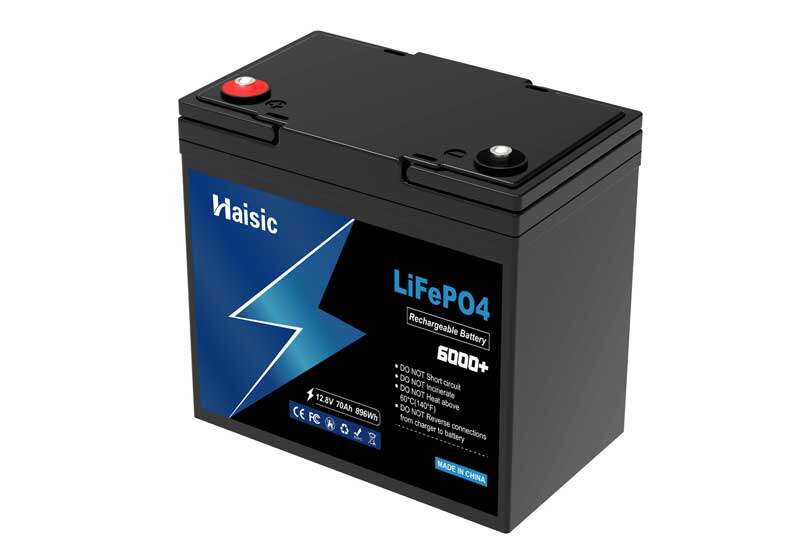
A lithium-ion (Li-ion) battery is an advanced battery technology that uses lithium ions as a key component of its electrochemistry. Lithium-ion batteries are commonly used in rechargeable electronics like cell phones and in electric vehicles (EVs).
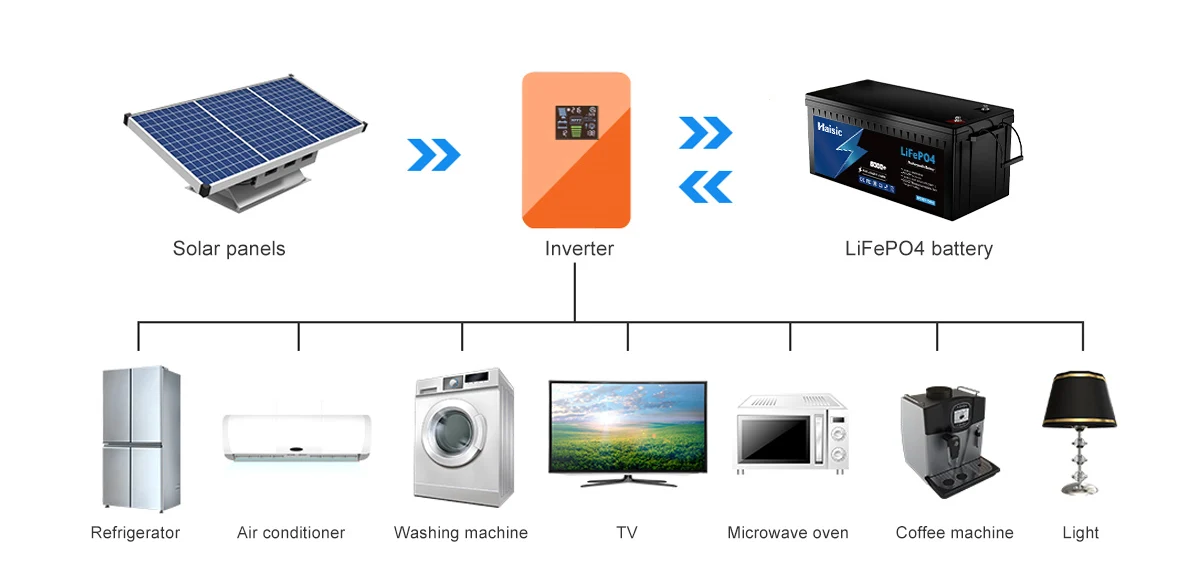
Lithium solar batteries are a rechargeable energy storage solution that can be paired with a solar energy system to store excess solar power. Lithium-ion solar batteries are making it possible to power homes with solar energy 24/7.
The DoD of a battery is the amount of stored energy in the battery that has been used, as compared to the total capacity of the battery. Most batteries come with a recommended DoD in order to maintain health of the battery.
Lithium-ion solar batteries are deep-cycle batteries, so they have DoDs of around 95%. Many lead acid batteries only have a DoD of 50%. This means you can use more of the energy that’s stored in a lithium-ion battery without having to charge it as often.
Because lithium-ion solar batteries have a high DoD and don’t need to be charged and recharged as often, they have a long lifespan.
Most lithium-ion solar batteries have a minimum warrantied lifespan of around 10 years. Lead acid batteries, on the other hand, only have warrantied lifespans of around 5 years.
The high energy density is one of the chief advantages of lithium-ion solar battery technology. And lithium-ion battery technology is one of the highest energy densities of any battery technology today.
Lithium-ion solar batteries can store more power without taking up as much space as lead-acid batteries, which is great for homes where space is limited. 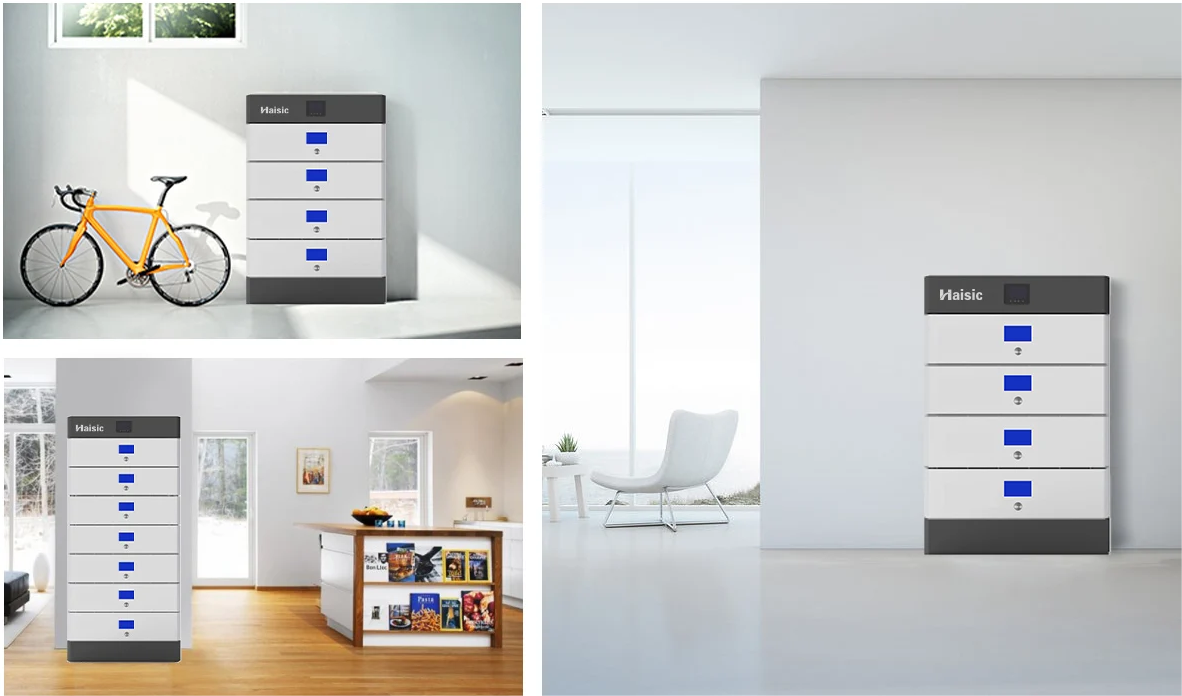
Efficiency refers to the amount of usable energy you get out of your battery compared to how much energy it took to store it. Lithium-ion solar batteries have a higher round-trip efficiency rating than other types of solar batteries on the market. Lithium-ion batteries have efficiencies between 90 and 95%. 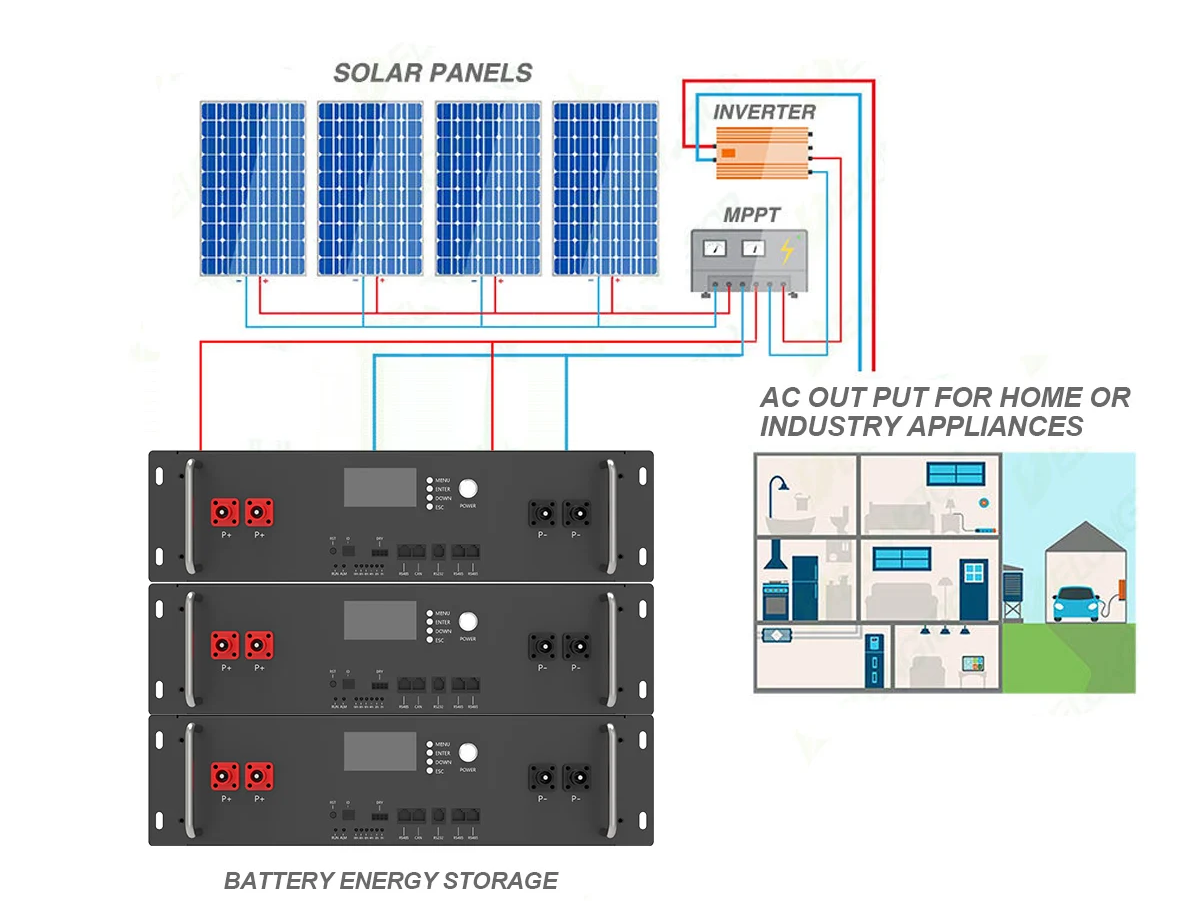
Li-ion batteries are also comparatively low maintenance and do not require scheduled cycling to maintain their battery life. Lead acid cells require maintenance, some needing the battery acid to be topped up periodically.
Lithium-ion solar batteries do not require as much maintenance as flooded lead-acid batteries do. One major lithium ion solar battery advantage is that they do not require any maintenance to ensure its performance.
Li-ion batteries also have a low self-discharge rate of around 1.5-2% per month. They do not contain toxic cadmium, which makes them easier to dispose of than Ni-Cd batteries.
Li-ion batteries have no memory effect, a detrimental process where repeated partial discharge/charge cycles can cause a battery to ‘remember’ a lower capacity. This is an advantage over both Ni-Cd and Ni-MH, which display this effect.
There are several types of lithium-ion cells available. This advantage of lithium-ion batteries can mean that the right technology can be used for the particular application needed. Some forms of lithium-ion batteries provide a high current density and are ideal for consumer mobile electronic equipment. Others are able to provide much higher current levels and are ideal for power tools and electric vehicles.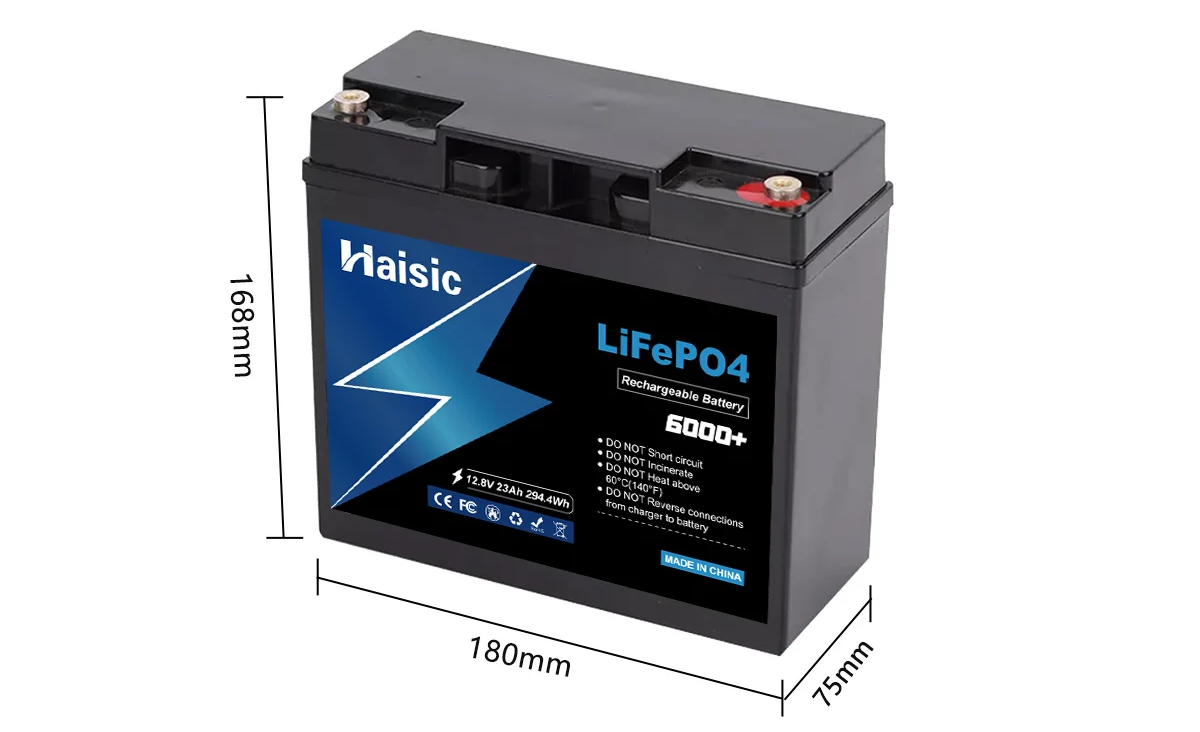
Because they take up little space while still storing a substantial amount of energy. Also, their high DoD means you can use more energy stored. The battery will last longer. Plus, their higher efficiency means that you get to use more of the energy your solar panels produce and store - giving you more bang for your buck.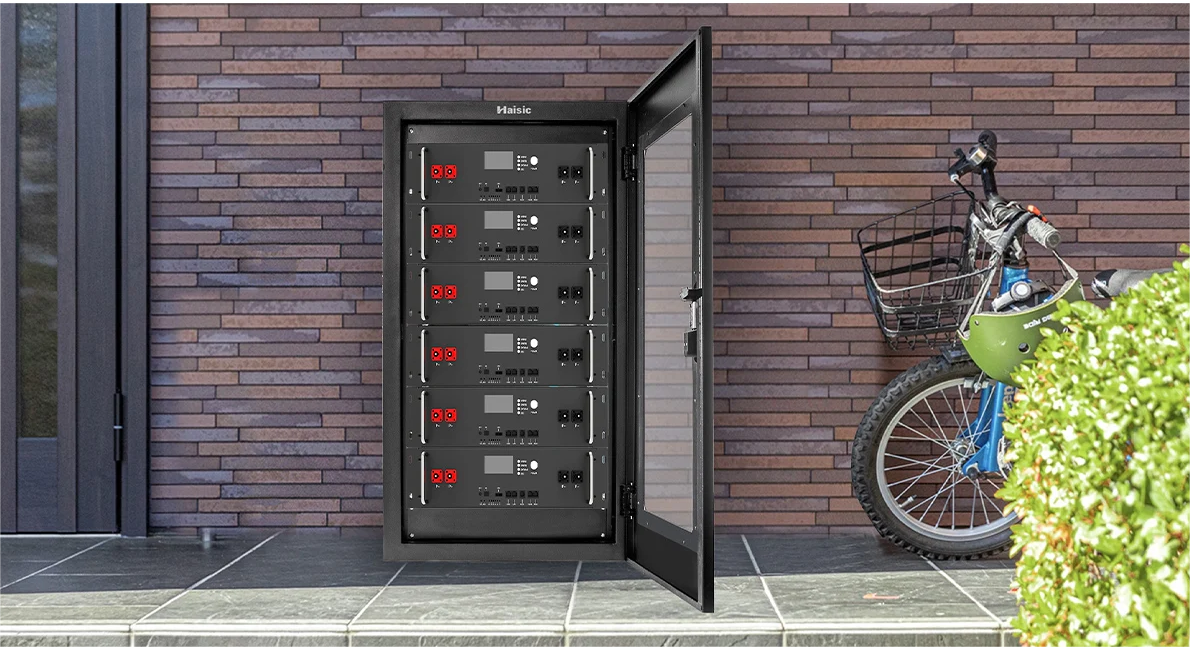
Haisic is a professional manufacturer of lithium batteries. If you need lithium-ion batteries for solar energy storage, please feel free to contact us. Our products are CE, FCC, TUV-UL2054, CQC, RoHS, PSE, MSDS, and UN38.3 certificates. Looking forward to working with you.